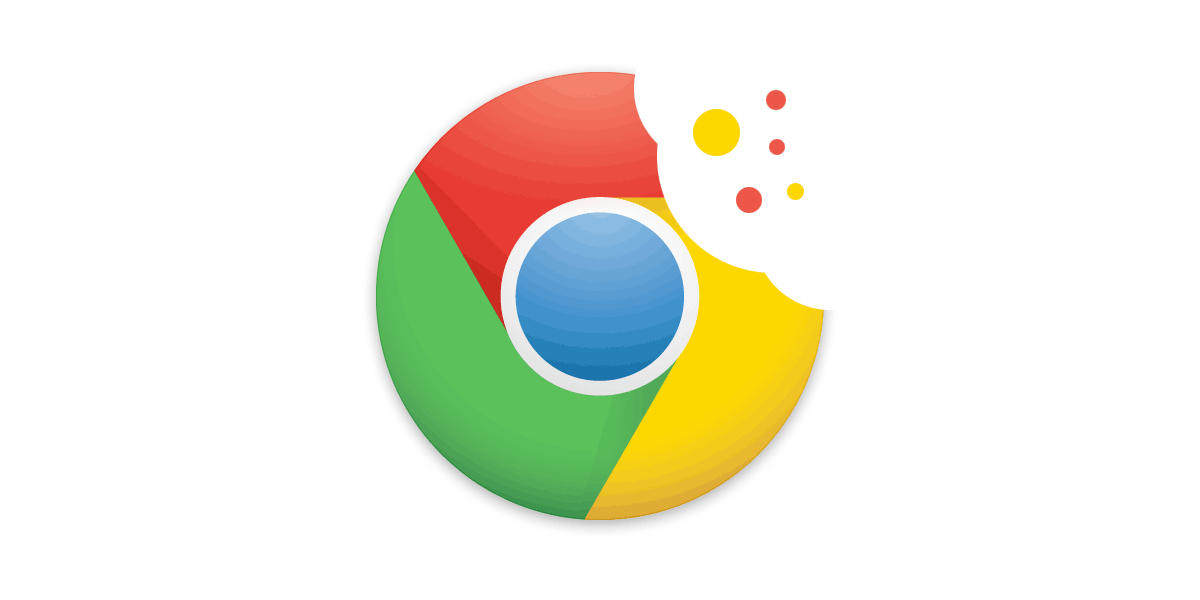Google’s Cookie Delay & Its Impact on Digital Marketing for Manufacturers
by Vin DiGioia

For what has definitely been years at this point, Google has been telling the world that it is ending the use of third-party cookies in its Chrome browser:
- Initially 2022 was going to be the year.
- Then that got pushed out to “late 2023.”
- Now, as of last month, the date has been pushed out to the second half of 2024.
Even with the date being the consistently moving target that it is, once thing is for certain: when it happens, it will have an impact on digital marketing for manufacturers. Here’s why.
Cookie Cookie Cookie
For years, cookies have been the foundation for a lot of digital advertising. At its core, cookies give the ability to personalize ads based on user behavior, which is a key component when attempting to reach very specific individuals in very specific verticals. They also play an important role in reporting and attribution, allowing advertisers to tie back dollars spent to dollars earned. In the world of modern manufacturing, where every penny counts, these are are both indispensable.
Who’s on First? Where is Third?
It is important to note that the proposed changes by Google are designed to impact third-party cookies, not first party cookies. If you’re late to the party and not sure what any of that means, here’s a quick cookie summary for you:
- First-party cookies are created and used on a single domain for collecting and storing data. By design, they do not share any data they collect with other websites. In fact, most first-party cookies will likely still require the end user to accept/give consent unless they fall under the ‘strictly necessary’ category, whereby they are needed for the basic operation of a website.
- Third-party cookies are also used for collecting and storing data, but the major difference is that they are shared across multiple domains using a single tracking code. These types of cookies are used primarily for tracking activity online and displaying advertisements.
The 800lb Gorilla Browser
 Since its introduction in 2008, Google Chrome has made a steady climb through the web browser ranks. It came out of the gates hot, proving to be lighter and much faster than the market leaders at that time (IE, Firefox, et al), quickly gaining market share and legions of devoted followers. Over a decade later, statistics show that Chrome still has around 65% usage share – a statistic by any account that is too big to ignore. That means that this cookie change is something that could absolutely impact your digital marketing efforts.
Since its introduction in 2008, Google Chrome has made a steady climb through the web browser ranks. It came out of the gates hot, proving to be lighter and much faster than the market leaders at that time (IE, Firefox, et al), quickly gaining market share and legions of devoted followers. Over a decade later, statistics show that Chrome still has around 65% usage share – a statistic by any account that is too big to ignore. That means that this cookie change is something that could absolutely impact your digital marketing efforts.
What Does It All Mean?
Let’s make one thing clear: for the general public, the removal of third-party cookies is a privacy win for consumers – and that’s always a good thing. Less ads following you around the internet that seemingly know everything you’ve recently researched sounds good, right?
The less good part is the impact this will have on advertisers. Manufacturers running digital advertising campaigns will need to find new/better ways to retarget website visitors and cleaner/accurate modes of attributing conversions (among other things.) If you’re not sure how much the removal of third-party cookies will impact your current marketing efforts, contact us today. We’ve been developing programs centered around digital marketing for manufacturers, for over 20 years. Let us help your brand thrive.